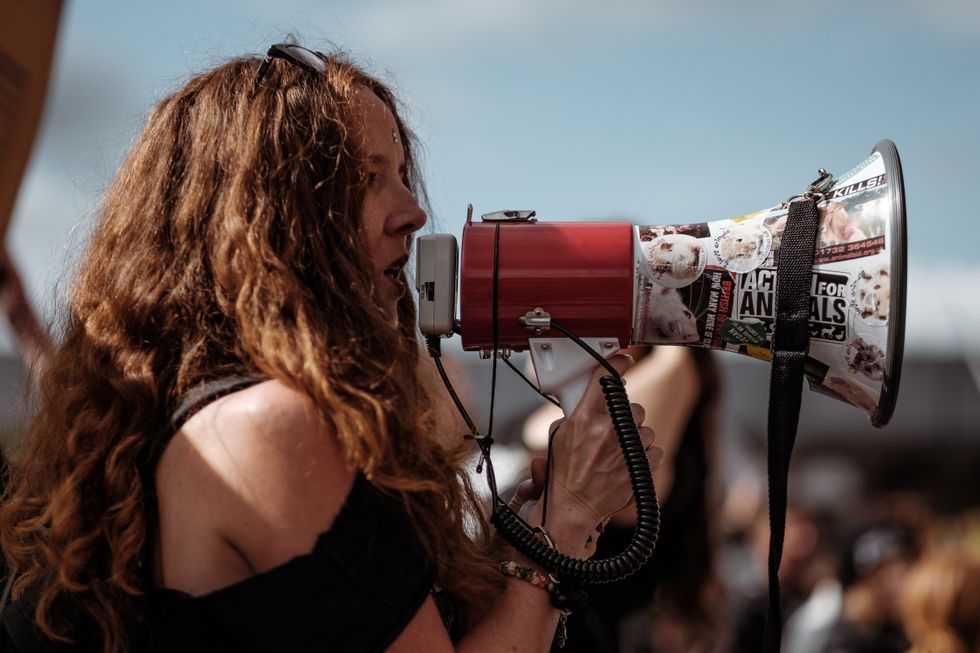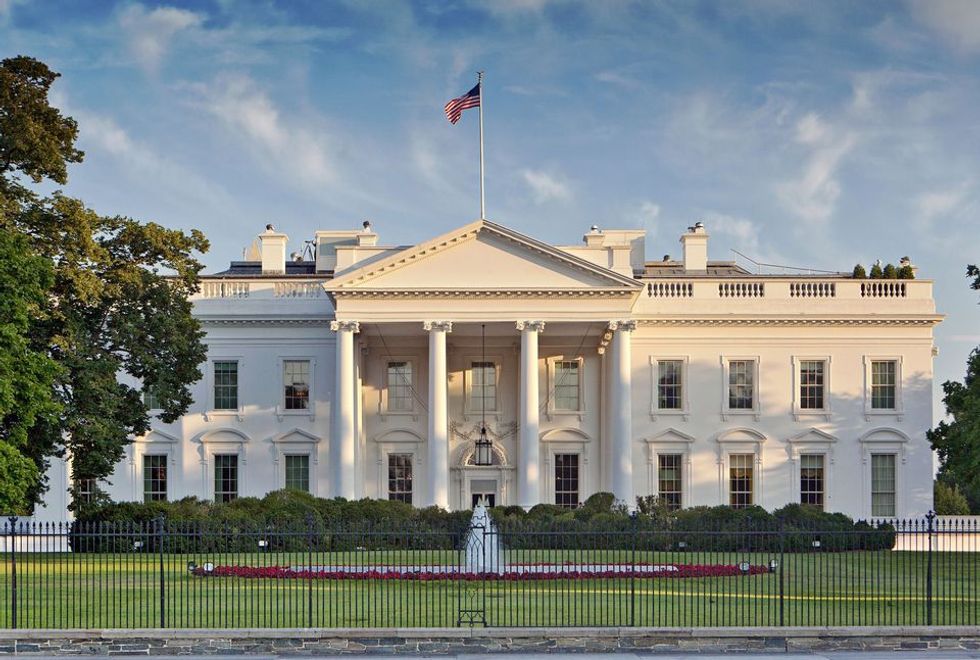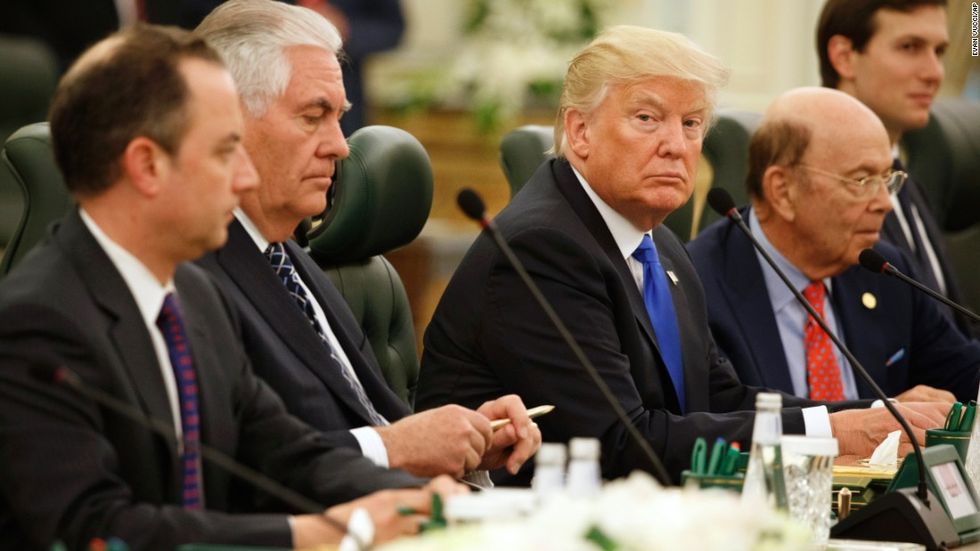Too often I hear the phrase, “I don’t talk politics.” For most, it’s a choice that creates distance, something that makes things easier. Because politics is messy right? And talking about it can make people mad, cause rifts between friends, and usually won’t end in someone changing their mind (which yeah, is probably true). So why just not bring it up? Why not change the subject, curve around it? Isn’t no conflict just better?
In a way, sure. Sometimes political debates can get aggravating, especially when debating someone as stubborn as myself. But separating yourself from the discussion isn’t much better.
The root problem is that the phrase “I don’t talk politics” is loaded. Making the choice on whether or not to address something reflects a privilege. Those who have the option to “opt out” of political conversations, or to ignore the social implications of politics all together are privileged. For people of color, queer individuals, immigrants, the poor, victims of gun violence- “politics” cannot be ignored.
Politics in this sense goes beyond the White House. Politicians have the power to directly impact their education, their rights, their livelihoods. They have no choice but to be informed. To discuss and challenge laws and policies that are unjust. To demand justice when it is not served. To be vocal. Because without this debate, without “talking politics”, unjust politics are maintained.
Now, I’m not saying that politics should be your only topic of conversation. Nor should it shroud your daily interactions and relationships with your friends. But you should examine why talking about it makes you uncomfortable. Why you don’t want to talk about it. Why we have found it easier to fall back on the “I don’t talk about that” clutch.
Some people get mad that I write and talk about politics. At family gatherings, I’ve been told it’s probably best to not “rock the boat” or bring up current events that might “offend people” (which is ironic as usually those “offended” are old and white). But through my six months as an Odyssey writer, the most interesting articles to write about are about those very topics people avoid. The topics that have been “politicized”. The “taboo." The “controversial." Issues like rape culture, feminism, Syrian refugees, racism, cultural appropriation and gun control.
But the problem is I can’t just stay passive and not talk about politics. I can’t sit back, although that can be the easiest and least obtrusive point of action I can take. Because yes, it’s easier to not get involved, it’s easier to talk about other things, it’s easier to write articles about memes or recipes or trends. But the important things aren’t easy. They aren’t one-sided, they’re complex, they’re ugly, they’re messy. The important things are real. And they have such significant effects on people’s lives.
Saying “I’m not political” is frustrating because your life may not change significantly if you turn a blind eye, but other's will. And without talking about politics, debating them, questioning them, changing them -- we remain passive. Being silent isn’t the answer. I won’t apologize for my opinions nor my passion about them. The world is changing, and I’ll be here, fighting for policies that will change it for the better.

































